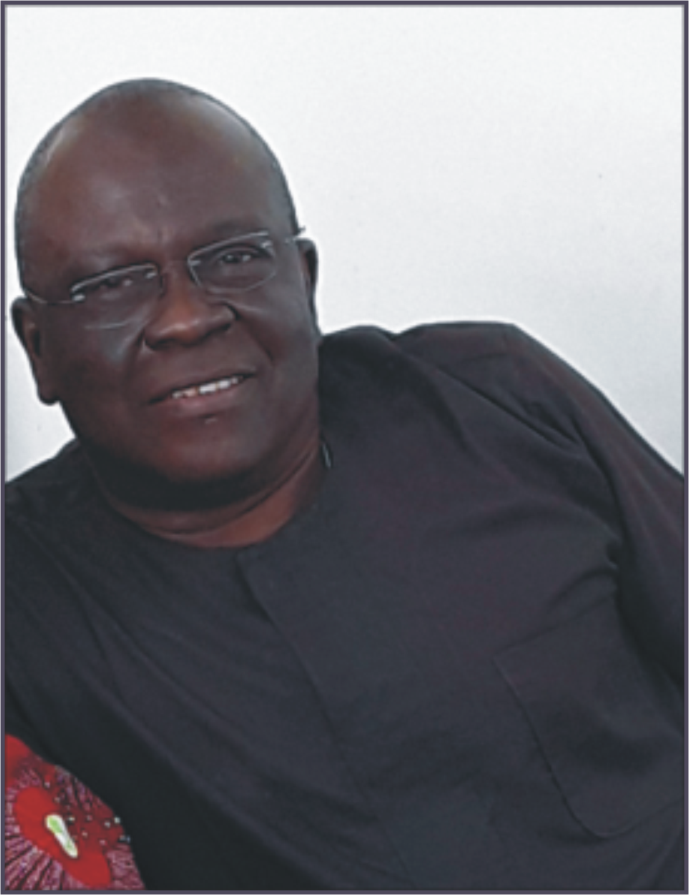
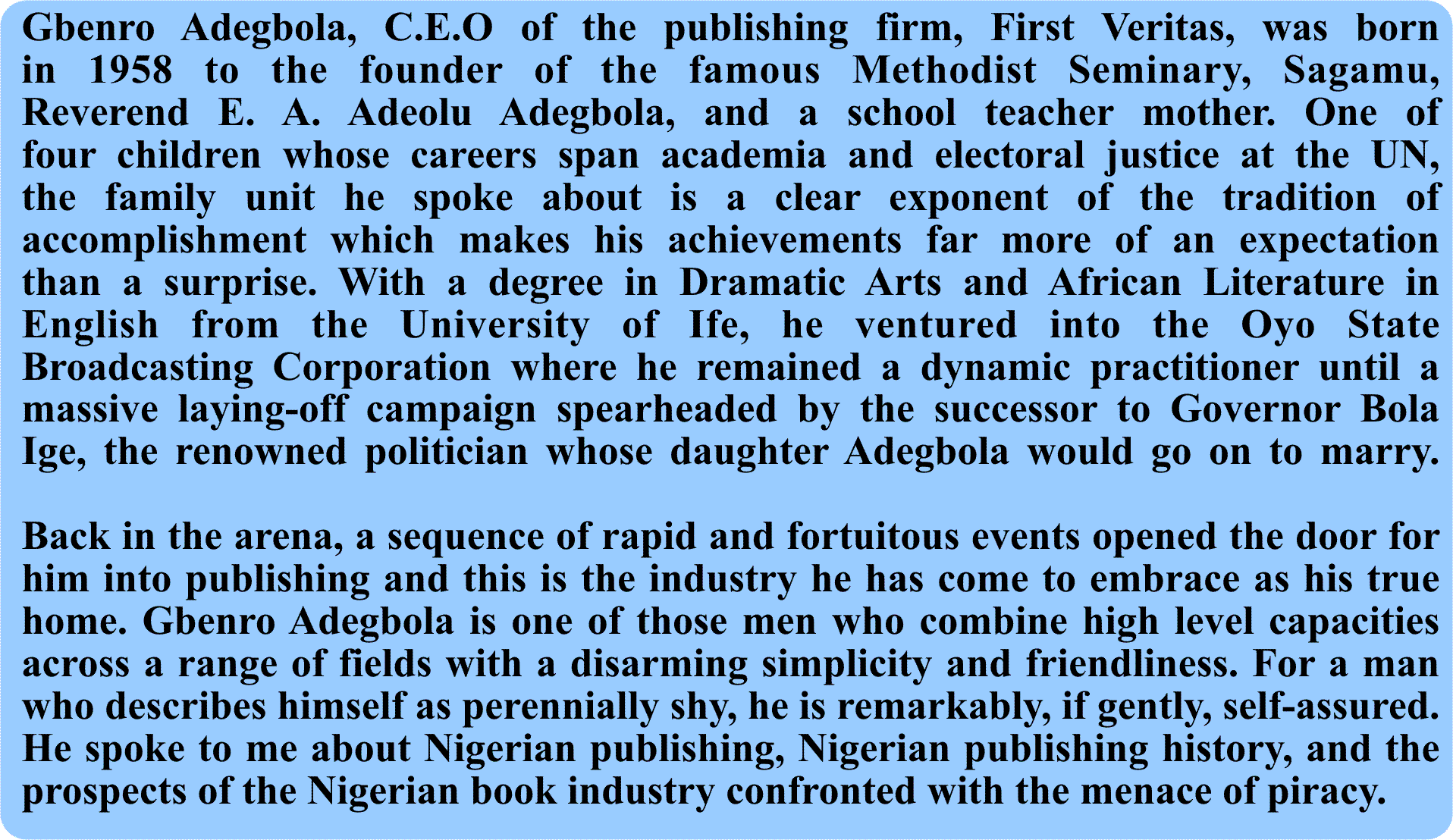
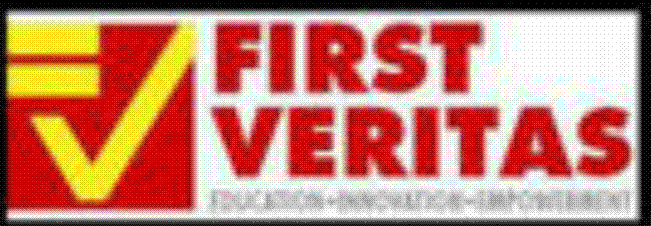

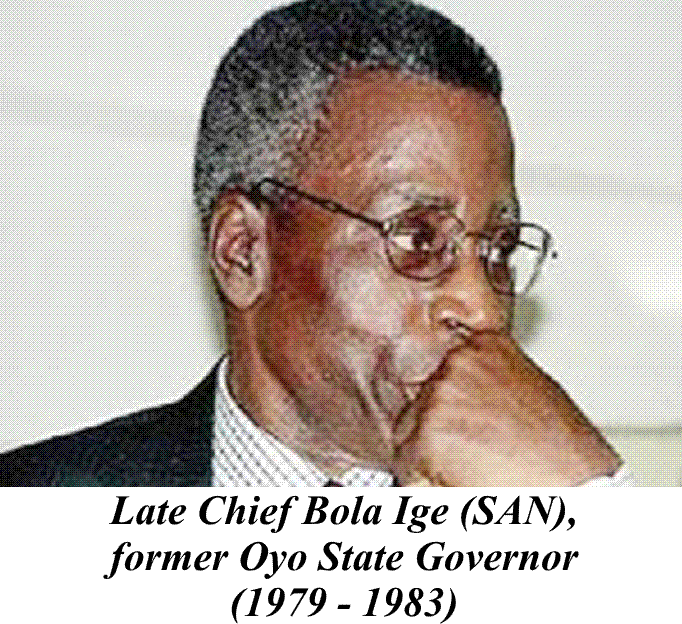 It was actually called the Television Service of Oyo
State in those days. It had just been
founded. I just seemed to have found myself there! As a broadcaster, I was
young, energetic and eventually got into political trouble…
It was actually called the Television Service of Oyo
State in those days. It had just been
founded. I just seemed to have found myself there! As a broadcaster, I was
young, energetic and eventually got into political trouble…
Are we allowed to know a little about that?
Yes, in 1983, the Governor of Oyo State who actually became my father-in-law, lost the election. The new governor, believing the station was too partisan, let scores of us go. After the dispersal at the Television Service, I enrolled into a Masters program in Language Arts at the University of Ibadan.
When did you get involved in publishing?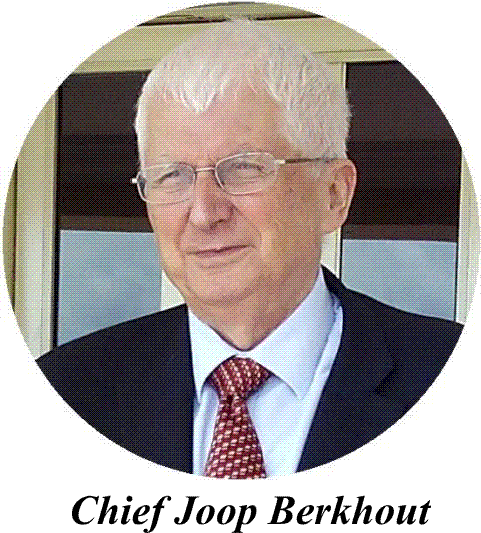
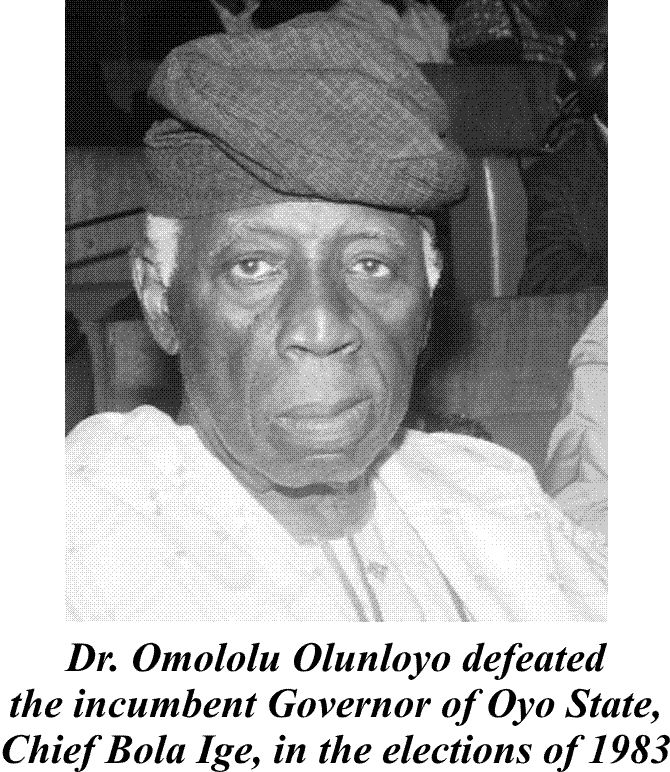 Your eyes lit up when I mentioned publishing. Do you feel
you are far more of a publisher than a broadcaster?
Your eyes lit up when I mentioned publishing. Do you feel
you are far more of a publisher than a broadcaster?
With broadcasting, it was ad hoc learning on the job. With publishing, I received a more thorough training through a combination of courses and working experience. So yes, I think of myself more as a publisher.
Spectrum Books was founded by Dutchman, Chief Joop Berkhout. Would you describe it as an indigenous publishing firm?
The firm was founded by Chief Berkhout (who is no longer involved) and a number of Nigerian investors. Spectrum is as indigenous as they come. The Chief himself has been in Nigeria for upwards of 40 years, since the mid-60s. He is as Nigerian as it can get.
Spectrum started blazing a trail pretty quickly by moving away from exclusively educational publishing (the strongest strand of publishing in Nigeria) to general publishing. In the early 80s, it did extremely well until the economic collapse of the Shagari era which affected the publishing industry very badly. When democracy returned, the stability in the economy and in the polity led to sustained growth in the market which is what the publishing industry is enjoying today.
You are reputed to have done wonderful things with Evans Publishing. Tell us about your stint and how long you were with Evans Publishing for.
I was with Evans for 13 years. It feels like just a few. I came in at the height of its crises and difficulties. The company was indebted to a number of creditors including the UK principals and it was felt that they should try new hands to see if anything fresh could be done. It was a God sent opportunity actually because the small firm I had co-founded, Bookcraft, wasn’t growing as fast as the needs of the individual founders: children were growing up, going to secondary school etc. So, I left for Evans. No sooner had I left than Bookcraft started booming!
You are the founder of First Veritas. Tell us about the significance of its name, and how the company empowers the educational community of Nigeria.
My wife and I wanted a name with some gravitas so we settled on Veritas. The idea of number one, gave us ‘First’. We empower the educational community of Nigeria by going beyond the call of publishing duty. We see how we can strengthen teaching through professional development trainings. These were originally intended as a revenue earner but after the first year we realised that the trainings were best done as a responsibility.
Regarding parents, we reach out through our blogs. We believe that schooling/ education, is a tripartite business between schools and teachers; educational leaders; parents and pupils. We try to keep the community we have built, active.
You are considered one of the leading players in the digital publishing industry in Nigeria. Would you say that digital publishing has made any significant impact in Nigeria thus far?
The impact has been minimal relative to how dominant print remains. There are a number of difficulties:
Related to that question, what are your distribution strategies for digital books, as opposed to distribution and marketing strategies for conventional print products?
We describe ourselves both as digital and print publishers but our digital stuff continues to take a back seat in relation to print. The bulk of our digital products gets distributed as a tie-in with print. I’m talking low-tech now e.g CDs attached to books. We have several on-line resources which we haven’t pushed too hard.
The mobile phone market is booming. How can publishers exploit this booming market for offering creative content on mobiles or for purposes of digital learning?
 Okada Books is doing commendable things in the creative
space with mobile phone technology. But I still think there is resistance in
terms of the limitations of digital in relation to print. There is that feel
that print gives you that you don’t get from digital, that tactile feel. So mobile phones and other digital platforms
haven’t attained anywhere near their potential.
Okada Books is doing commendable things in the creative
space with mobile phone technology. But I still think there is resistance in
terms of the limitations of digital in relation to print. There is that feel
that print gives you that you don’t get from digital, that tactile feel. So mobile phones and other digital platforms
haven’t attained anywhere near their potential.
What about the costs of developing digital content by publishers who are keen to migrate to this new publishing environment?
Relative to print, the costs are significantly cheaper. You are producing according to demand. In that sense, digital is more accessible. And technology is improving every day. It is almost a do-it-yourself thing. You don’t need any specialist to convert your books to digital. There are templates you just fit the content into. It’s pretty straightforward.
Do you see any drawbacks with this proliferation of digital resources so that people can self-publish?
It’s good for the industry; it’s good for the trade. The only drawback is that absence of an intermediation agency. Editing, refining, re-writing. That will be absent in that model and that would be a drawback.
I learned from an interview you gave about your misgivings about the low bar set for entry into the publishing industry. Were you referring to publishing professionalism and publishing education?
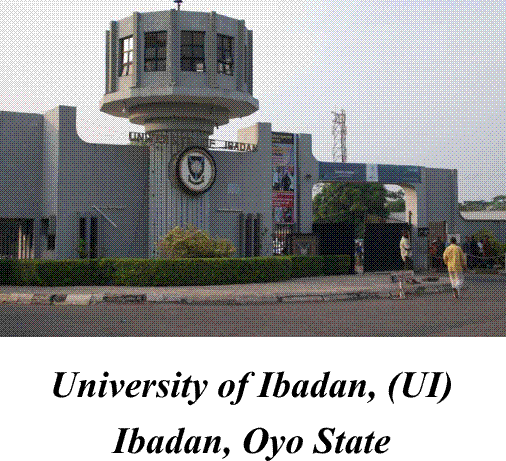 Professionalism, education…
There are only a few institutions that offer publishing courses where you can
get certification in publishing. I think
Yaba College of Technology offers a Publishing Diploma and the University of
Ibadan offers a Masters in Publishing Studies or something like that. There are
probably a number of others but those are the two that I know.
Professionalism, education…
There are only a few institutions that offer publishing courses where you can
get certification in publishing. I think
Yaba College of Technology offers a Publishing Diploma and the University of
Ibadan offers a Masters in Publishing Studies or something like that. There are
probably a number of others but those are the two that I know.
You find that people who end up in publishing simply find their way there and more than anything else, learn on the job. The deficit in publishing professionalism was aggravated in the 80s and 90s by the instability of the military era and everything else negative associated with those times. The 80s and 90s pushed the publishing industry into the doldrums; it was a terrible time for the industry.
In the last decade or so, many companies have grown stronger. I’ve noticed many more investing in publishing training.
Still with digital, share your views on the menace of piracy/theft. Is it likely to come to an end when more content is published in digital form rather than print books?
Initially digital looked like a way out but even then whichever hacker is sufficiently determined, will get through whatever protection is in place. After all, protection is a creation. All that is needed is for someone to reverse-work it. To that extent there is no hiding place really. Print is so easy though there are techniques to making it more difficult to be copied, pirated. But these techniques tend to work more for proving in court that the product is not genuine. It doesn’t prevent the pirates from copying initially so it’s a huge problem in the creative industry generally. Entertainment. Music. Education. A huge problem.
Finally, please shed light on the problems and logistical challenges undermining the Nigerian/African book industry. What are 3 key challenges that you have identified in your own experience as a publisher, and what do you propose as the way forward?
 Taking off from our last question, piracy: If nothing is done, it’s going to kill the
industry in the sense that there will be no incentive for further creations; no
incentive for investments in creative works.
And I have always felt that this danger to society should be converted
into public enlightenment. I think most
people will key into that and see that this is something that needs to be
fought. Going back to my
experience with the Nigerian Publishers Association which I led for a couple
of years, every training workshop we
held for schools, had a 15 minute segment on enlightenment and piracy. Even little things like that will be very helpful.
Taking off from our last question, piracy: If nothing is done, it’s going to kill the
industry in the sense that there will be no incentive for further creations; no
incentive for investments in creative works.
And I have always felt that this danger to society should be converted
into public enlightenment. I think most
people will key into that and see that this is something that needs to be
fought. Going back to my
experience with the Nigerian Publishers Association which I led for a couple
of years, every training workshop we
held for schools, had a 15 minute segment on enlightenment and piracy. Even little things like that will be very helpful.
The second challenge would be the dearth of training
opportunities/professional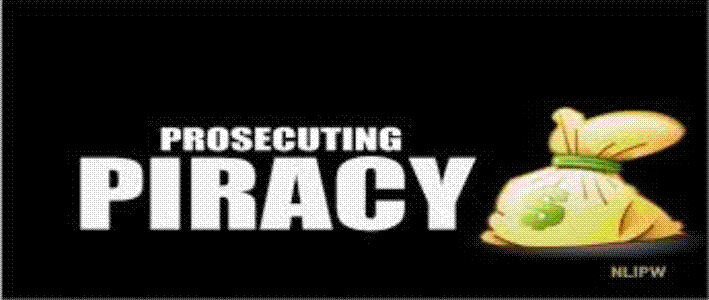 development courses: The industry can’t go into universities and tell them to
set up publishing courses. What is needed is for the self-help courses
organised by the industry to be strengthened and expanded initially. And individual companies should invest more
in training, possibly overseas training as well. The traditional excuse is that if you train
someone, there is no guarantee they will stay. My position is that the
experience will not leave the industry. It remains in it even if they don’t
stay with your company. So people have
to take an industry-wide attitude.
development courses: The industry can’t go into universities and tell them to
set up publishing courses. What is needed is for the self-help courses
organised by the industry to be strengthened and expanded initially. And individual companies should invest more
in training, possibly overseas training as well. The traditional excuse is that if you train
someone, there is no guarantee they will stay. My position is that the
experience will not leave the industry. It remains in it even if they don’t
stay with your company. So people have
to take an industry-wide attitude.
I was encouraged to see that Kwara State University which is a very new university, is starting up some sort of program where they host publishing scholars and send them from here to the West. A powerful intervention, I would have thought. Is that the sort of thing you are thinking of?
I am certainly sure that that is due to the influence of the
late Abiola Irele who was the Provost.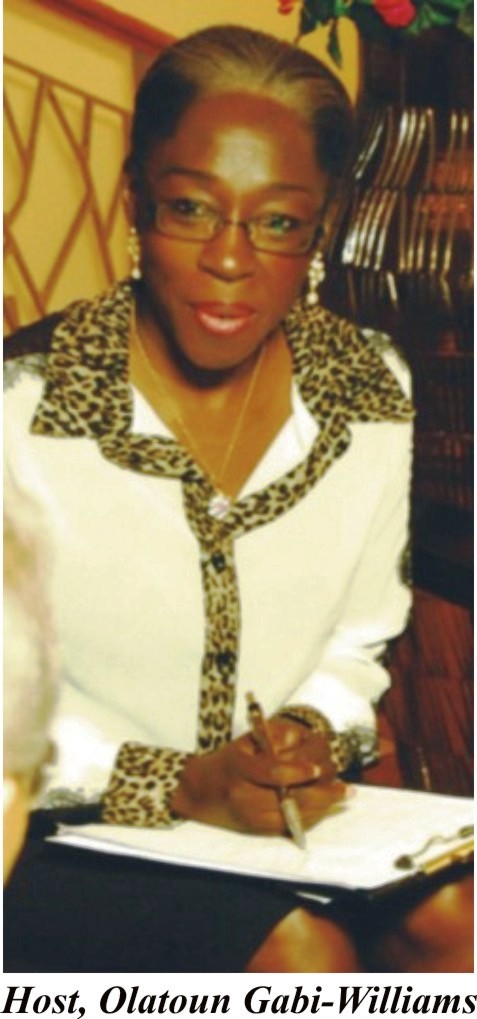 I’m almost sure that’s his handiwork.
Well, there’s a lot to be said for interaction and exposure but there’s
also a lot to be said for formal, fairly rigorous training. A lot of what exists at the moment, is that
kind of interaction and exposure on the job but there is need for more formal
efforts.
I’m almost sure that’s his handiwork.
Well, there’s a lot to be said for interaction and exposure but there’s
also a lot to be said for formal, fairly rigorous training. A lot of what exists at the moment, is that
kind of interaction and exposure on the job but there is need for more formal
efforts.
The third challenge would be access to funding/credit: I find that the financial industry is blissfully ignorant of what we do. They don’t understand it. They confuse it with printing and that has affected access to credit. In fairness to them, the role of the publisher is not so obvious. The understanding of what publishing constitutes, how publishers make money - you find that a lot of people don’t understand it.


I am drawn to people of mixed-cultural descent and of mixed-race heritage. I'm also drawn to ...
David Aguilar, born in Andorra, is an inspiring figure known for his resilience and crea ...